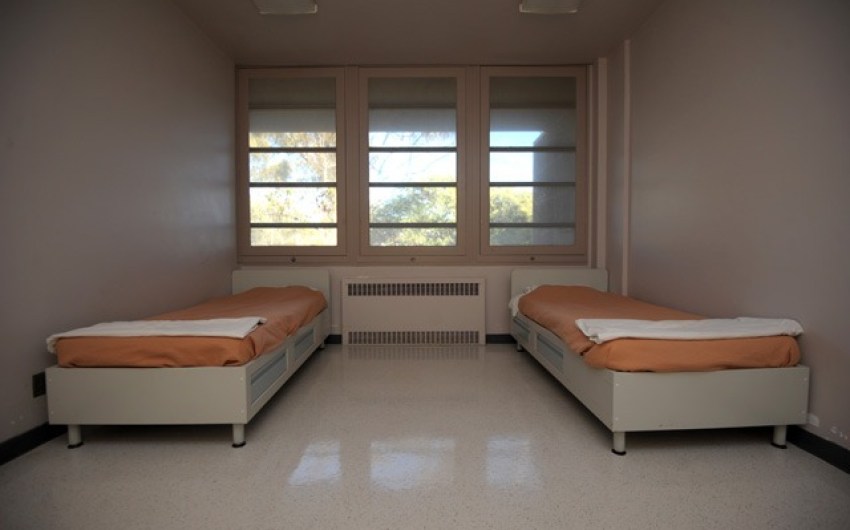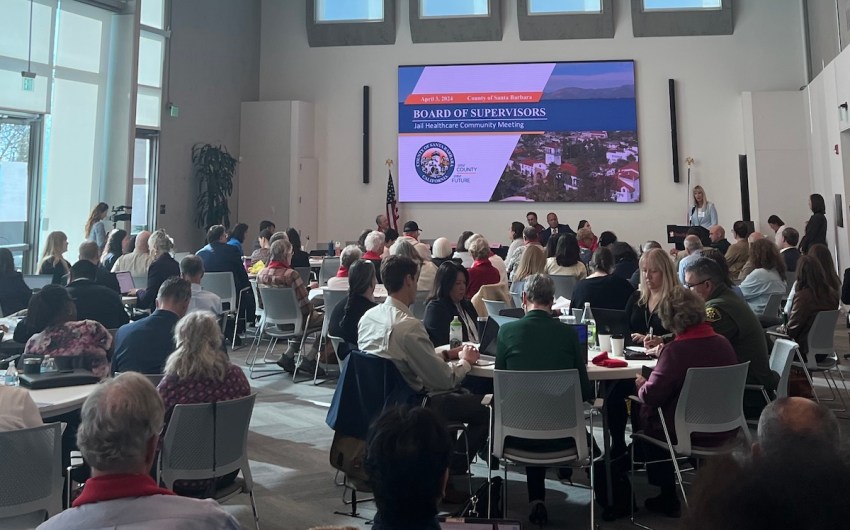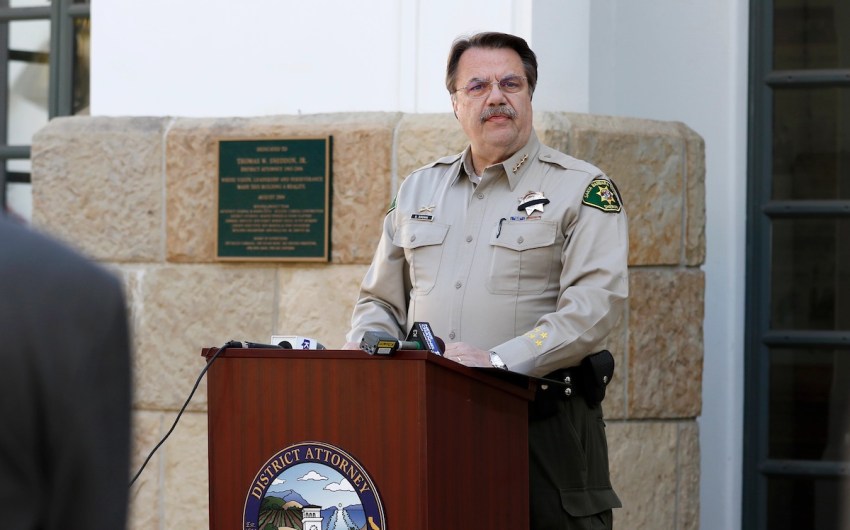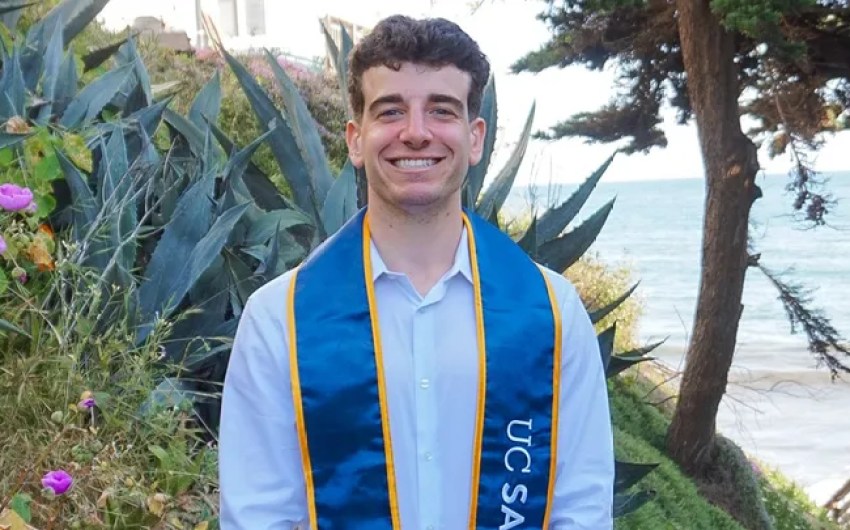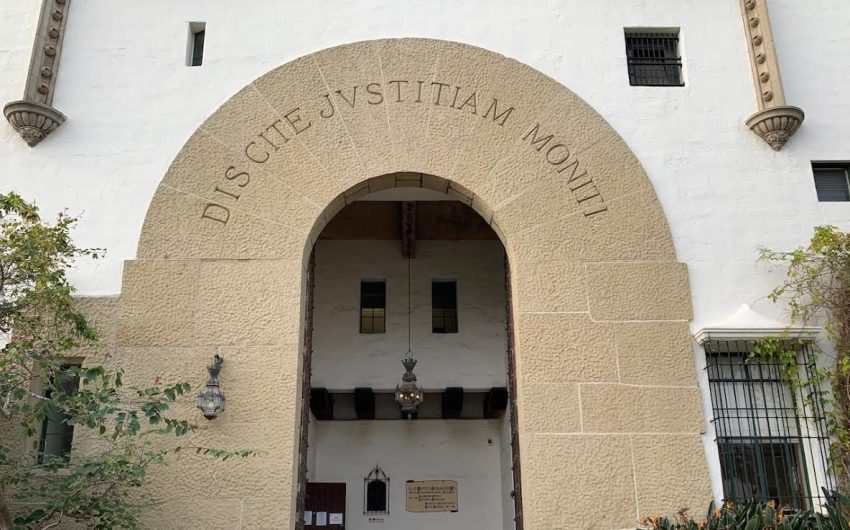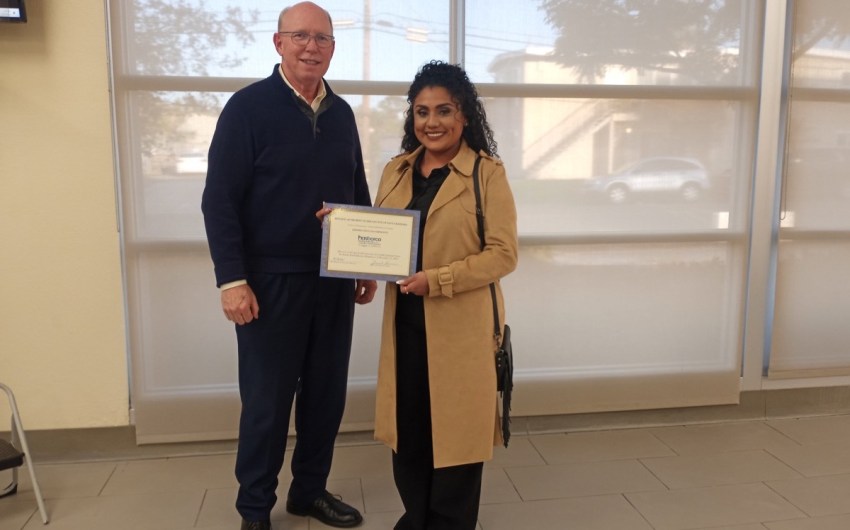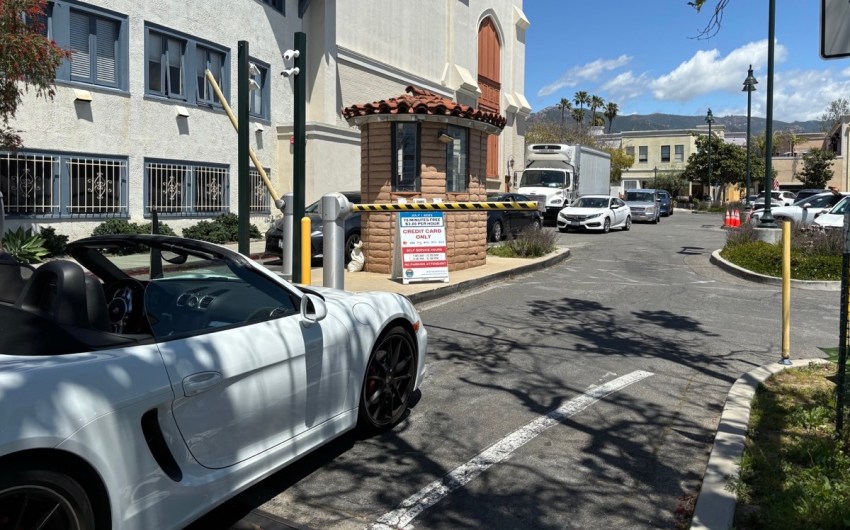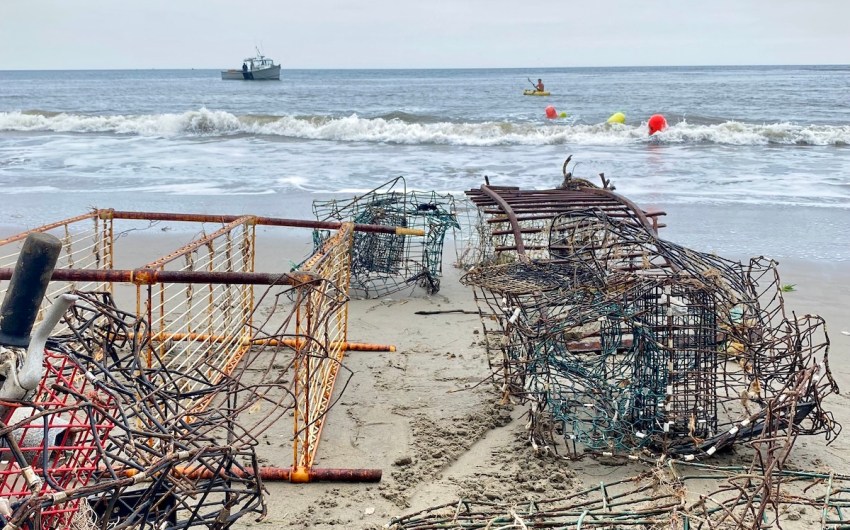Santa Barbara Ready to Receive Arizona Patients Amid Chaotic Abortion Ruling
Grand Canyon State Brings the Hammer Down on Reproductive Rights
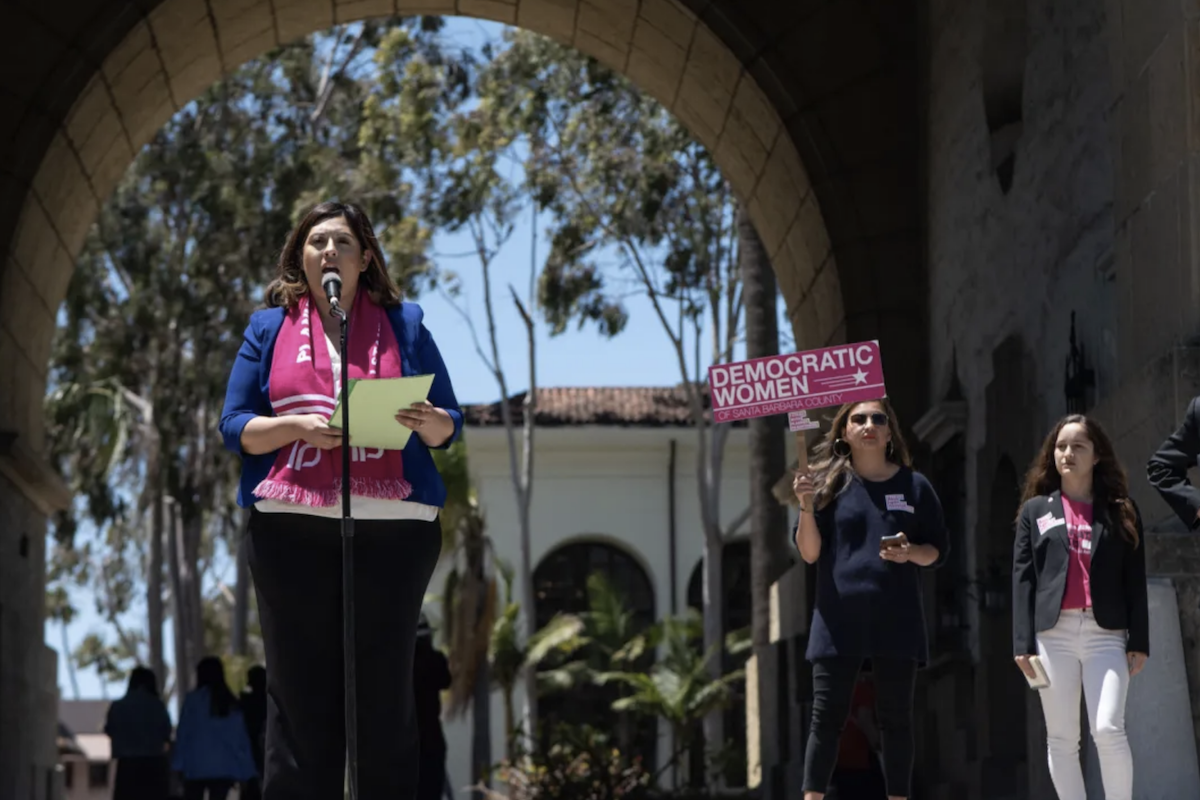
The Arizona Supreme Court ruled last week that a law written in 1864, criminalizing abortion for patients and providers with no exceptions for rape or incest, could be enforced across the state. California cities like Santa Barbara are now preparing for the influx of out-of-state patients seeking reproductive healthcare.
“This is a chaotic landscape for patients,” said Luz Reyes-Martín, vice president of Planned Parenthood California Central Coast. “People are being faced with their rights and access to health care changing on a dime.”
The 1864 law was never completely taken off the books, but less restrictive abortion legislation simply deemed it unenforceable. After Roe v. Wade was overturned in 2022, Arizona implemented a 15-week abortion ban and the state began discussing enforcement of the Civil War–era legislation.
This left the door open for Arizona to bring the hammer down on abortions when the time presented itself. Last week in a 4-2 decision, it was decided that that time was now.
“It’s alarming to see how quick the erosion of rights has been,” said Suzanne Cohen, president of the Democratic Women of Santa Barbara. “This is an attack on women.”
A request to Bobbi McGinnis, chair of the area Republican Party, on the ruling was met with a “no comment.” The party’s presumptive leader, however, former President Donald Trump, claimed Arizona “went too far” in enforcing the 1864 law — a comment Republicans call risky in light of the 2024 presidential election.
The 1864 law was written almost 50 years before Arizona became a state, and 55 years before women had the right to vote. The only legal grounds for abortion under this law is when the mother’s life is in jeopardy. There are no exceptions for rape or incest.
Arizona Attorney General Kris Mayes declared that she would not prosecute women or doctors under this “draconian law.” She also cited California as a potential “safe haven” for Arizona doctors to practice medicine and for Arizona residents to obtain reproductive healthcare.
“It was not typical to see out-of-state patients before the Dobbs decision,” said Reyes-Martín. “But I’m confident that Planned Parenthood Central Coast and our affiliates are prepared to handle this situation.”
Planned Parenthood California has not compiled data on what the increase in out-of-state patients has looked like, but Reyes-Martín says that the Central Coast has primarily seen out-of-state patients from Texas and Arizona.
“The model of traveling for abortions isn’t new,” said Dr. Laury Oaks, a professor of Feminist Studies at UC Santa Barbara. “California has been gearing up for this.”
In 2022, Gavin Newsom pledged $20 million to California’s abortion care providers for enhanced physical and digital security in clinics. Further, a bill passed in September 2023 calls for increased security measures on medical records containing sensitive information, specifically involving abortion and contraception-related services. The bill applies to both in-state and out-of-state patients who receive care in California.
“If you don’t know how to get involved, reach out,” urged Cohen of the Democratic Women of Santa Barbara. “There are so many ways to be impactful here.”
Premier Events
Thu, May 02
5:00 PM
Santa Barbara
Things with Wings at Art & Soul
Sat, May 04
10:00 AM
Lompoc
RocketTown Comic Con 2024
Wed, May 01
7:30 PM
Santa Barbara
American Theatre Guild Presents “Come From Away”
Thu, May 02
5:00 PM
Santa Barbara
100th Birthday Tribute for James Galanos
Thu, May 02
5:00 PM
Santa Barbara
Meet the Creator of The Caregiver Oracle Deck
Fri, May 03
4:00 PM
Santa Barbara
Santa Barbara Fair+Expo “Double Thrill Double Fun”
Fri, May 03
8:00 PM
Santa barbara
Performance by Marca MP
Sat, May 04
10:00 AM
Solvang
Touch A Truck
Sat, May 04
11:00 AM
Santa Barbara
Mental Wellness Center’s 28th Annual Arts Faire
Sat, May 04
11:00 AM
Santa Barbara
Community History Day
Sat, May 04
3:00 PM
Solvang
The SYV Chorale Presents Disney Magic Concert
Sat, May 04
7:00 PM
Santa Barbara
A Star Wars Cantina Celebration: Renegades, Rebels, and Rogues
Thu, May 02 5:00 PM
Santa Barbara
Things with Wings at Art & Soul
Sat, May 04 10:00 AM
Lompoc
RocketTown Comic Con 2024
Wed, May 01 7:30 PM
Santa Barbara
American Theatre Guild Presents “Come From Away”
Thu, May 02 5:00 PM
Santa Barbara
100th Birthday Tribute for James Galanos
Thu, May 02 5:00 PM
Santa Barbara
Meet the Creator of The Caregiver Oracle Deck
Fri, May 03 4:00 PM
Santa Barbara
Santa Barbara Fair+Expo “Double Thrill Double Fun”
Fri, May 03 8:00 PM
Santa barbara
Performance by Marca MP
Sat, May 04 10:00 AM
Solvang
Touch A Truck
Sat, May 04 11:00 AM
Santa Barbara
Mental Wellness Center’s 28th Annual Arts Faire
Sat, May 04 11:00 AM
Santa Barbara
Community History Day
Sat, May 04 3:00 PM
Solvang
The SYV Chorale Presents Disney Magic Concert
Sat, May 04 7:00 PM
Santa Barbara

